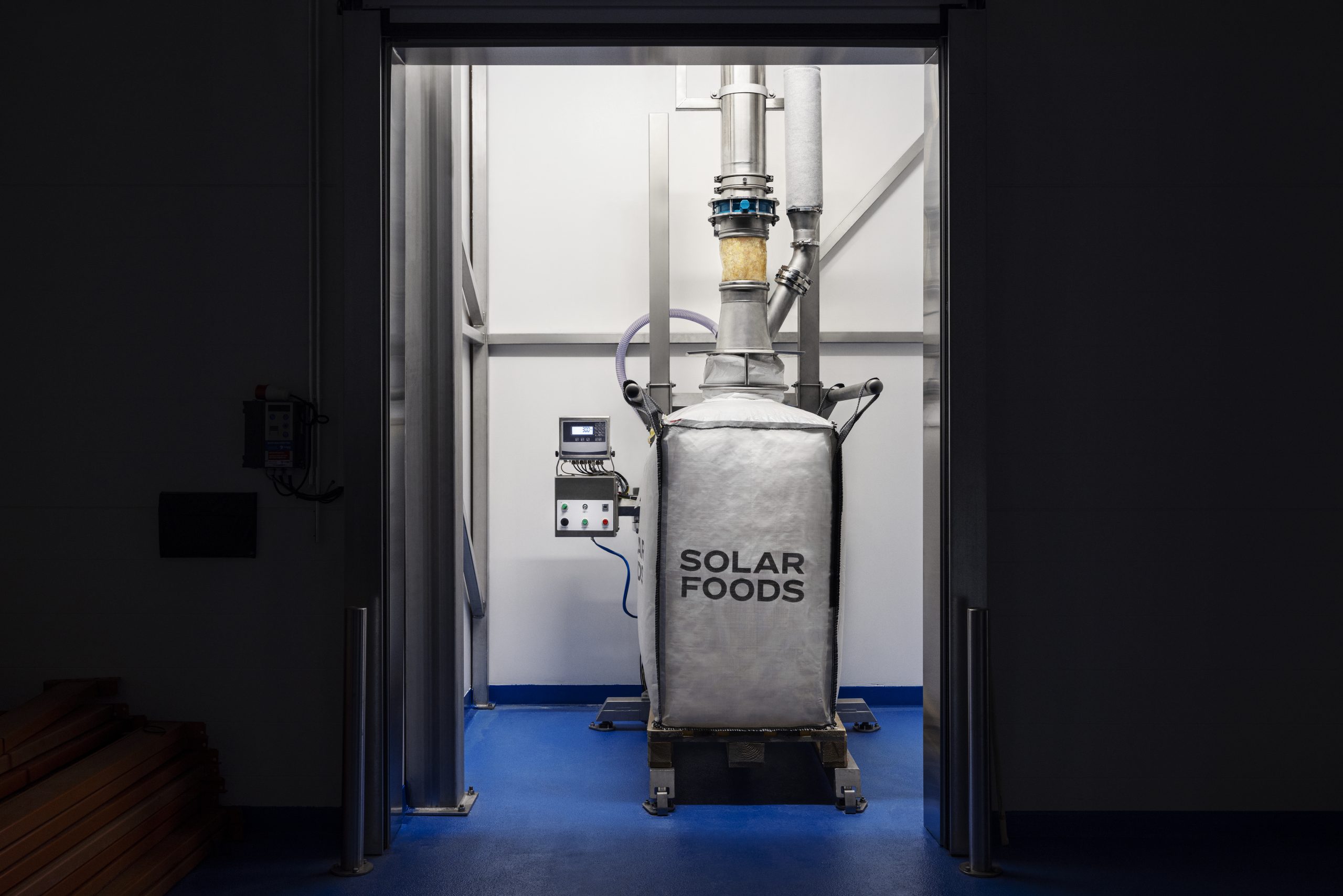The same stuff you put on to protect your skin from the sun on a day at the beach is killing the coral reefs that live beneath the waves. That is unless you apply reef-safe sunscreens. But it can be rather difficult to tell which sunscreens are actually safe and which ones are just pretending to be. Here is a quick look at how to identify the bad and good ingredients that go into reef-safe sunscreen.
The two main chemicals to avoid are octinoxate and oxybenzone (also referred to as benzophenone). These common chemicals found in sunscreen are meant to protect your skin from sunburns caused by UV rays and work by turning the hazardous rays into harmless heat. The only problem is that when these compounds enter the water they can actually strip the coral’s natural defenses. This opens the coral up for bleaching events and can even stunt their growth. If we eliminate octinoxate and oxybenzone from the equation, then corals stand a better chance at surviving changes in their environment.
Two other chemicals to keep an eye out for are Cylcopentasiloxane and Cyclomethicone. These are silicone-based compounds commonly found in beauty products. Although they do wonders for the skin, they have been known to harm reproductive organs in marine wildlife and disrupt endocrine systems.
As for safe sunscreens, typically these are mineral-based, containing zinc oxide and titanium oxide. The only catch with mineral-based sunscreens is that they need to be classified as non-nano. Minerals should be larger than 100 nanometers if they are considered reef safe. This prevents the coral from ingesting the particles, which could lead to adverse effects. Should you need more detailed help for choosing reef-safe sunscreen, look no further.











